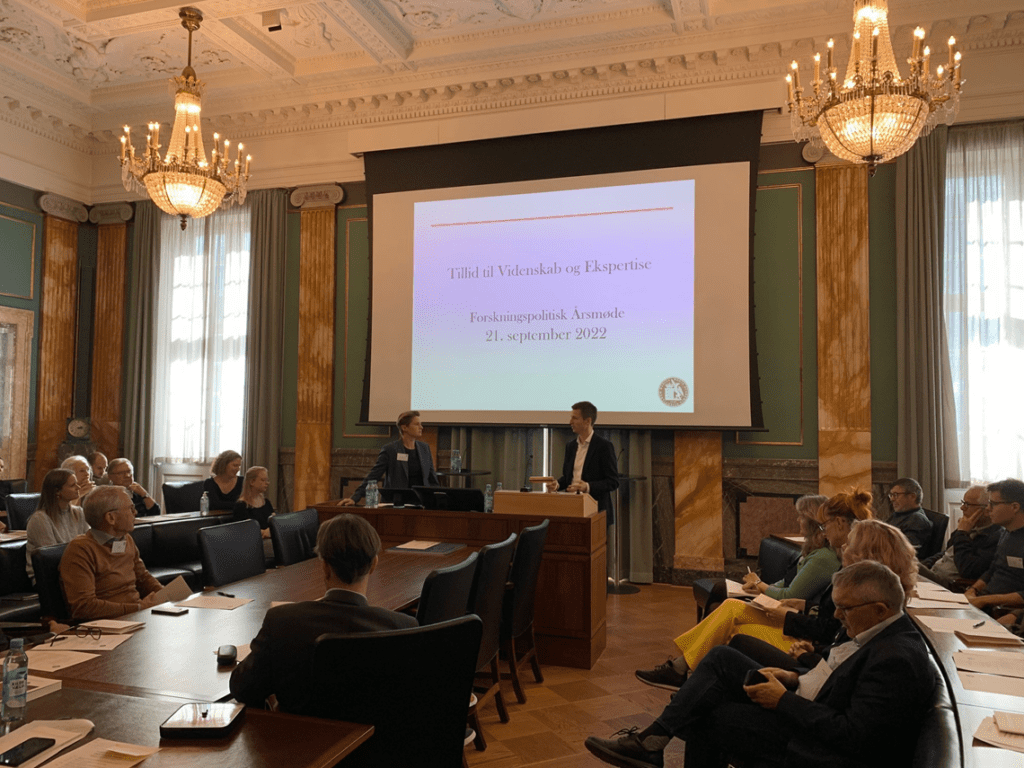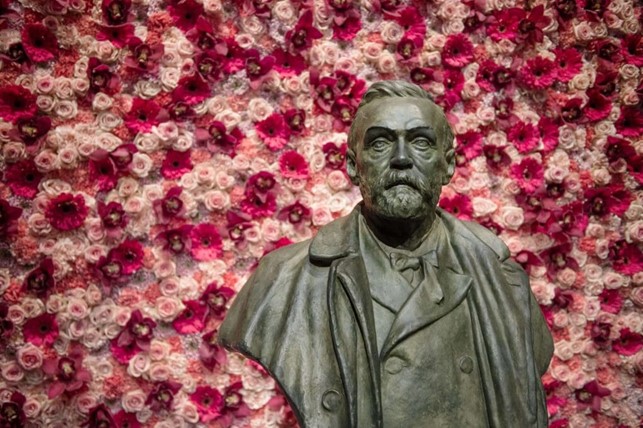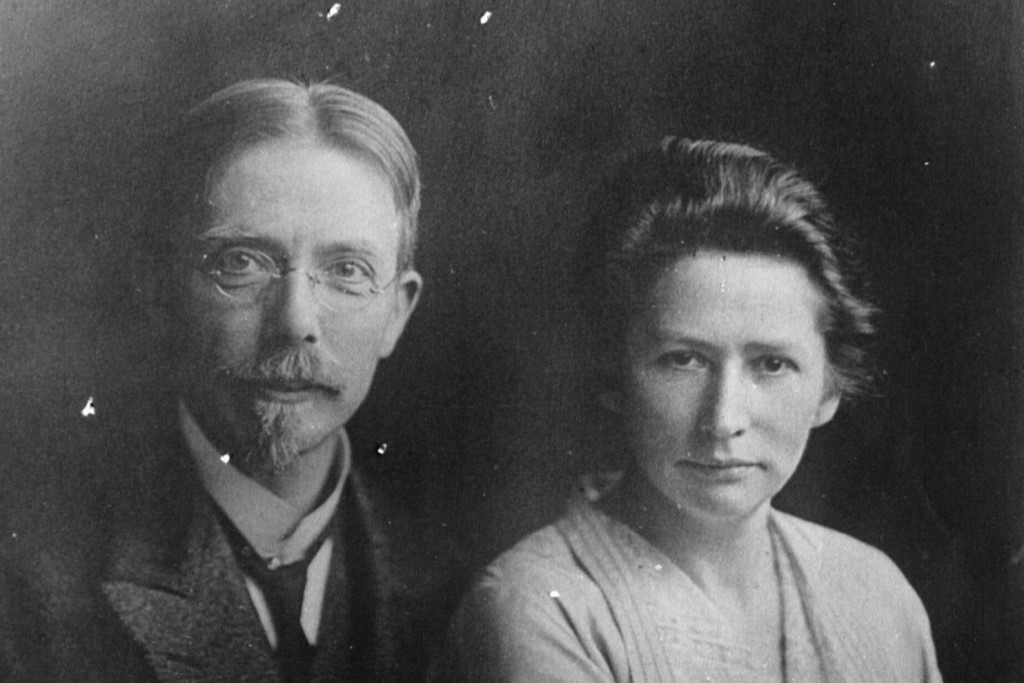Annual research policy meeting: successful dissemination of research depends on trust

On Wednesday 21 September 2022 the Royal Academy held its traditional annual Research Policy Meeting, which focused on trust in research and expertise and was attended by Jesper Petersen, Minister of Higher Education and Science, with panel debates involving stakeholders from the research community, research-disseminating media and the civil service. The meeting addressed and critically examined the conditions for dissemination of research and public sector consulting.
By Majka Holm, Jonas Krog Lind and Rikke Reinholdt Petersen
At the annual Research Policy Meeting of the Royal Academy the message from the opening speech by the Minister of Higher Education and Science, Jesper Petersen, was clear and unequivocal: the dissemination of research findings – from all fields of research – is essential to society. Consider, for example, the key role assumed by science during the Corona crisis.
Yet, if the research findings from Danish research institutions are to be of any relevance to society, dissemination needs to be effective. And even when typically data-laden, complex research material is communicated in an interesting and lively way, one particular component remains vital to ensure that society and decision-makers sit up and listen: trust.
So how do we build up trust in the research disseminated?
– “To begin with, society has to have confidence in us that we [researchers] work responsibly. We must improve the way we communicate how the science community works, so that its particular value for society is clear”, explains Professor Ole Wæver, chair of the Committee on Research Policy at the Royal Academy.
However, as emphasised by Lone Koefoed, associate professor at Aarhus University, insight into and transparency around the processes by which scientists arrive at their findings and conclusions is not the only important factor. Openness and honesty when scientists do not obtain results, when findings are inconclusive, is equally important.
So does this mean that we are on the right path if we provide insight into processes and methods and also take into account that research does not necessarily always provide answers when we disseminate research findings? According to panel member Jonas Rathje, chief editor of the Danish edition of Science Illustrated, we need to keep in mind that the public at large are generally more interested in results than process and that, likewise, news criteria do not attach particular weight to process and method.
The second panel debate at the meeting considered the issue of public sector consulting. Universities and other research institutions are a constant source of expert advice for the state on various matters; this is necessary to ensure that regulations and laws in a given area are complied with and to create new policies. Furthermore it ensures research and preparedness within specific areas and in a broad sense underpins the work of the public service. There was general agreement that this research-based policy support is absolutely crucial and that it will gain in importance as the challenges become more complex, requiring research-based knowledge and coordination between public service entities. The climate crisis is a good example of this, as is the COVID-19 pandemic.
Here, trust and mutual understanding also play a key role. Scientists must understand the need public service bodies have for advice, and equally, there should be trust that these institutions do not put scientists under duress to produce results that are more in line with the interests of the political system.
However public sector consulting faces a variety of basic challenges. As several panellists reported, there is the issue of generational change. For young scientists wishing to join public sector consulting, a PhD is not a sufficient qualification as the discipline is somewhat unique and best learned through apprenticeship.
The fact that too few young people are entering public sector consulting also has to do with another big problem, namely poor finances, which will deteriorate further because public sector consulting continues to be subject to 2% cost cuts. As several panellists pointed out, the budget needs to be increased to ensure a basis for growth and thus safeguard the future of this field. Furthermore the typical model of four-year contracts between ministries and universities is detrimental because research entities become vulnerable to pressure if they depend on contract renewal and, in the absence of a stable framework, investing in infrastructure and scientists is not financially viable for them.
Ahead of the 2022 annual Research Policy Meeting, the Royal Academy’s Committee on Research Policy wrote a white paper with various recommendations on how to tackle the main points of the day.


